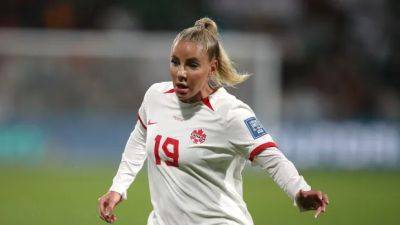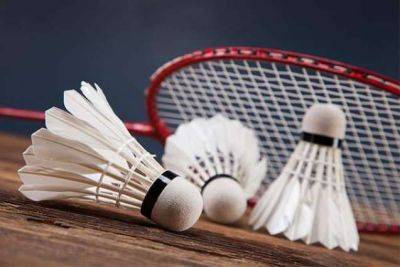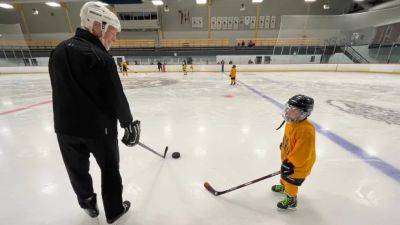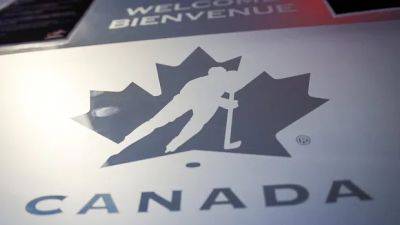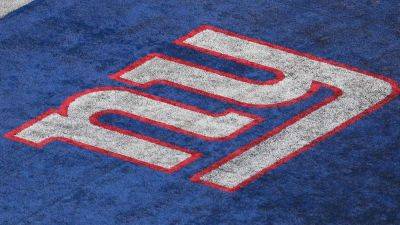Hockey players shouldn't be bodychecking until age 15, U of O review suggests
Medical researchers at the University of Ottawa are making the latest call for hockey organizations and lawmakers across Canada to raise the age bodychecking is allowed from 13 to 15.
A recent review from the university's department of medicine found eliminating bodychecking — a significant risk factor for traumatic brain injury — could decrease concussion rates in Canada by 20 to 90 per cent in all age groups.
Its authors are recommending youth hockey leagues adjust their regulations accordingly.
Dr. Kristian Goulet, a pediatrician and assistant professor at the university's faculty of medicine, led the review. He said head injuries have a "huge impact" on young brains and mental health.
As players mature and grow, concussions become more severe. Goulet said new regulations in hockey are imperative to protect kids.
Hockey Canada, which governs the sport nationally, defines bodychecking as a player's deliberate use of body contact to gain advantage over an opponent.
"Body-checking results when a player makes deliberate contact with an opposing player with opposite-directional force, when a player leaves their skating lane to make contact, or when a player extends an arm, shoulder, or hip after angling an opponent," according to the organization's online rule book.
Currently, Hockey Canada's rules say referees must enforce minor penalties for bodychecking for players under 13, female leagues and any other leagues "approved by a member of Hockey Canada."
In 2015, Hockey Quebec was the first to expand rules preventing bodychecking at the lowest levels of its competitive divisions, which include 14- to 17-year-olds.
Rules for body contact of all types vary across provinces and divisions. In Ontario, bodychecking is not



